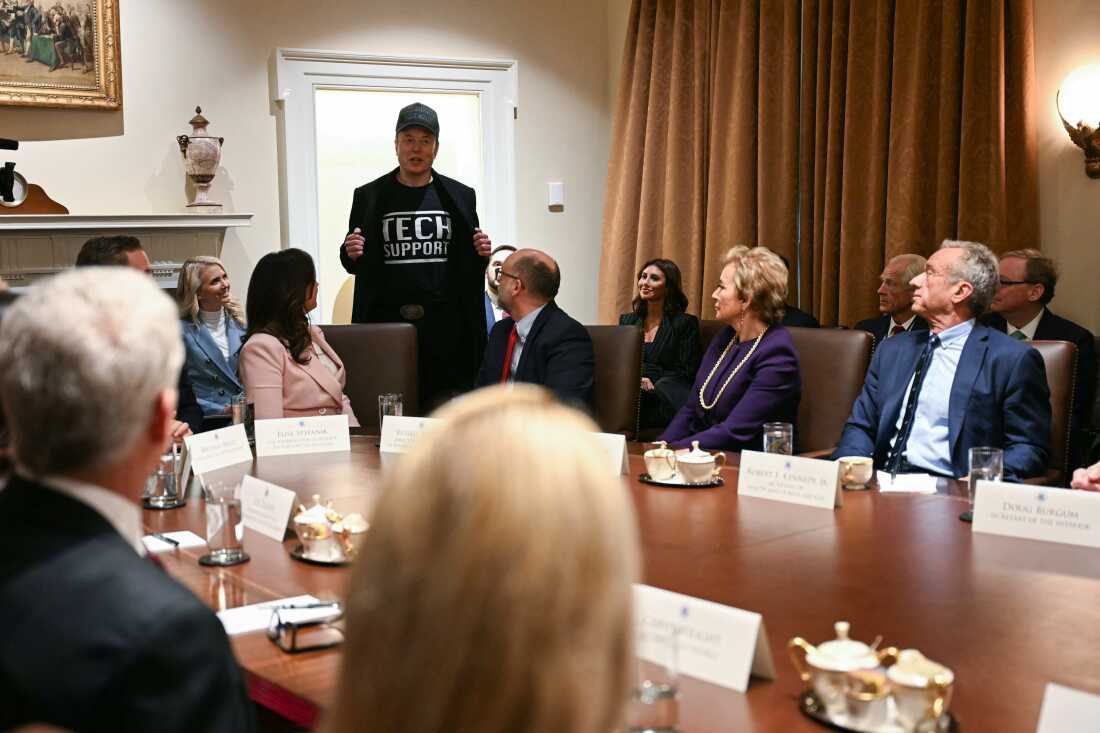Recent updates to the DOGE.gov ‘savings’ page now list Social Security Administration (SSA) office closures in the following Georgia cities: Columbus Gainesville Vidalia Brunswick Thomasville There is no rhyme or reason for these closures, other than it’s a simple checkbox on a computer screen and a complete lack of concern about the consequences. SSA offices […]

